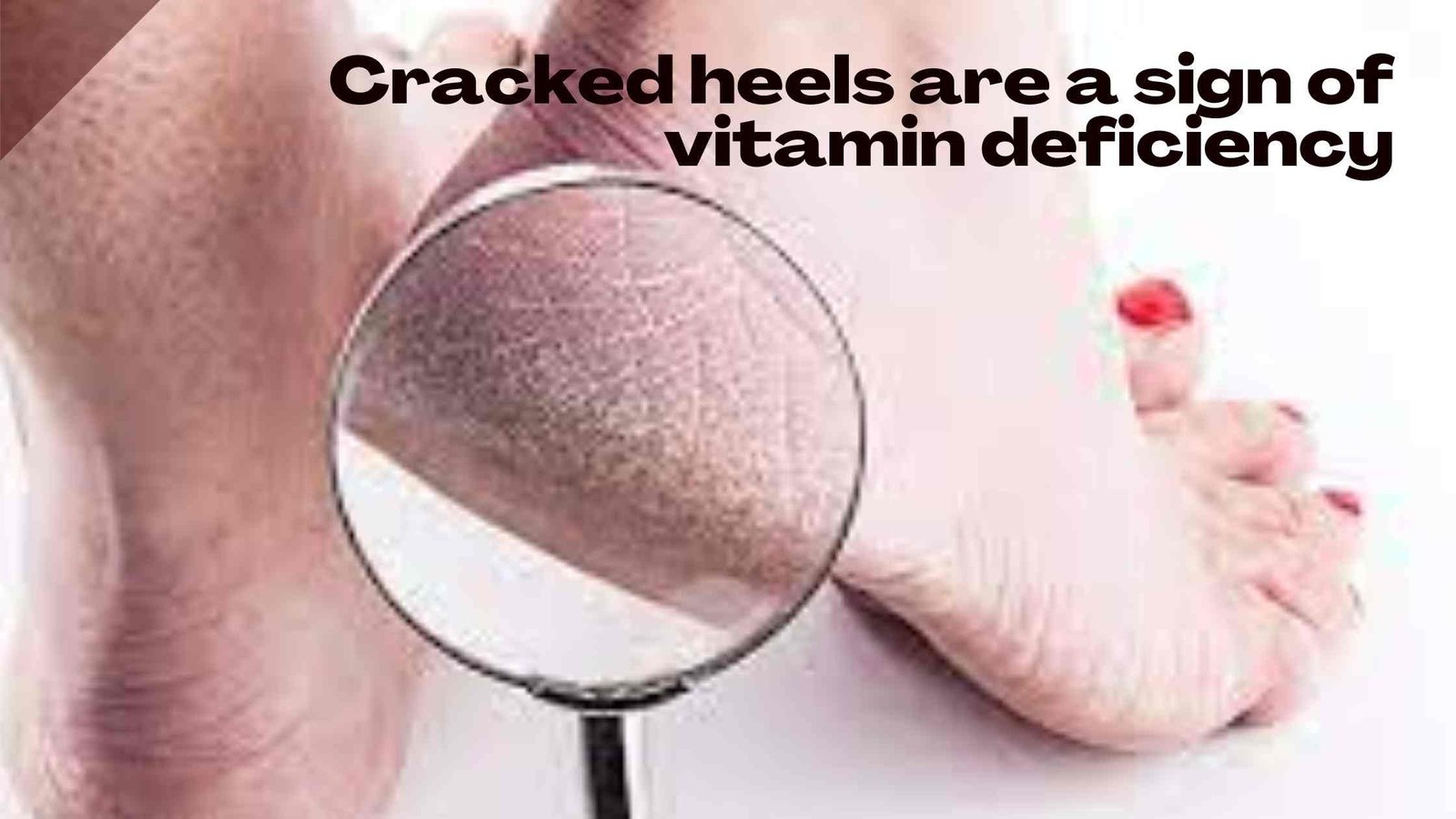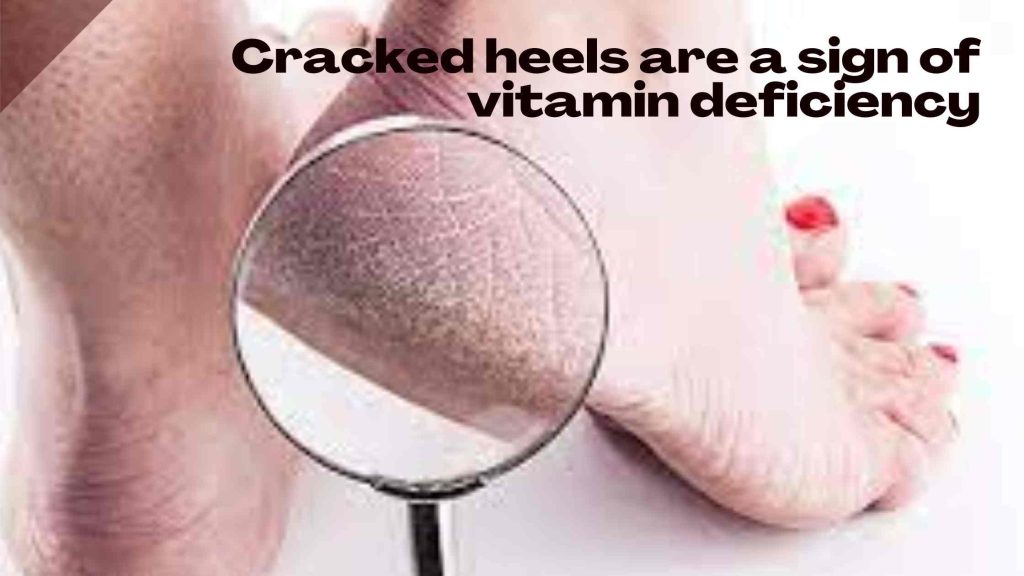
Vitamin deficiency symptoms visible on the skin
Cracked lips, cracked heels and many such are the other signs which suggest that there are signs of vitamin deficiency in our body. While weak teeth and bones indicate a vitamin D deficiency, chapped lips and bleeding gums indicate a deficiency of vitamin B and vitamin C.

While an unusual but important symptom is cracked heels. Which is quite painful and difficult, cracked heels are very common in winters due to lack of air and moisture in the body. Even though there are many reasons for cracked heels, they can also be a sign of vitamin deficiency.
Vitamins B3, C and E for skin health
Vitamin B3 is essential for skin and brain health. Also known as niacin, symptoms of vitamin B3 deficiency include memory loss, diarrhea, swelling and redness of the tongue. Sometimes vitamin B3 deficiency can lead to red and dry scaly skin in areas exposed to light such as hands, feet, neck etc.
Vitamin C
It is needed to maintain gum and skin health. Its deficiency can lead to a disease called scurvy which is mainly characterized by bleeding gums, bleeding around hair follicles and slowing of wound healing. Hair loss, fatigue and anemia are other symptoms of vitamin C deficiency.
Vitamin E
Vitamin E is important for maintaining the immune system, cells and blood circulation. Also known as a beauty vitamin, it is extremely beneficial for the skin and hair. A lack of vitamin E in the body can cause muscle weakness, loss of sensation and dry skin, wrinkles and premature aging.
Treat cracked ankles
Dryness remains the biggest cause of cracked heels, so it is important to maintain the moisture of the skin.
Increasing your water intake is the first and most basic step towards hydrating yourself and your skin. In addition, you should exfoliate your skin with a sponge. And apply a cream containing urea or lactic acid to remove dead skin cells.
Wearing lotions, creams, foot creams and socks regularly can help keep the skin hydrated. You can also use products that are specially designed for heel skin and apply them every day at night time to speed up the healing process.
Expert recommendations
Expert recommendations for treating heel cracks include the use of keratolytics, emulsifying ointments, silver nitrate, and 10% glycerol in sorbolene cream, along with treatment of any underlying conditions.
The New Zealand Dermatological Society recommends proper fitting shoes and daily moisturizers to prevent skin cracks.
To treat cracks, the Society recommends keratolytics, debridement, strapping or heel cups to redistribute the weight on the heel, and tissue glue.8
Important Considerations
- Always consult a doctor before taking any supplements or increasing vitamin intake. While they have many benefits, they may also present adverse risks and side effects.
- When taking medications with supplements, take note of any
advisories. - Do not take supplements in place of medication without
consulting a doctor or pharmacist first. - A pharmacist can both address concerns when mixing supplements with medications or
stopping medications. - Before, during, or after surgery, supplements can produce unwanted effects. Inform your doctor or surgeon of the supplements you are taking prior to surgery.
Read more from isposting




